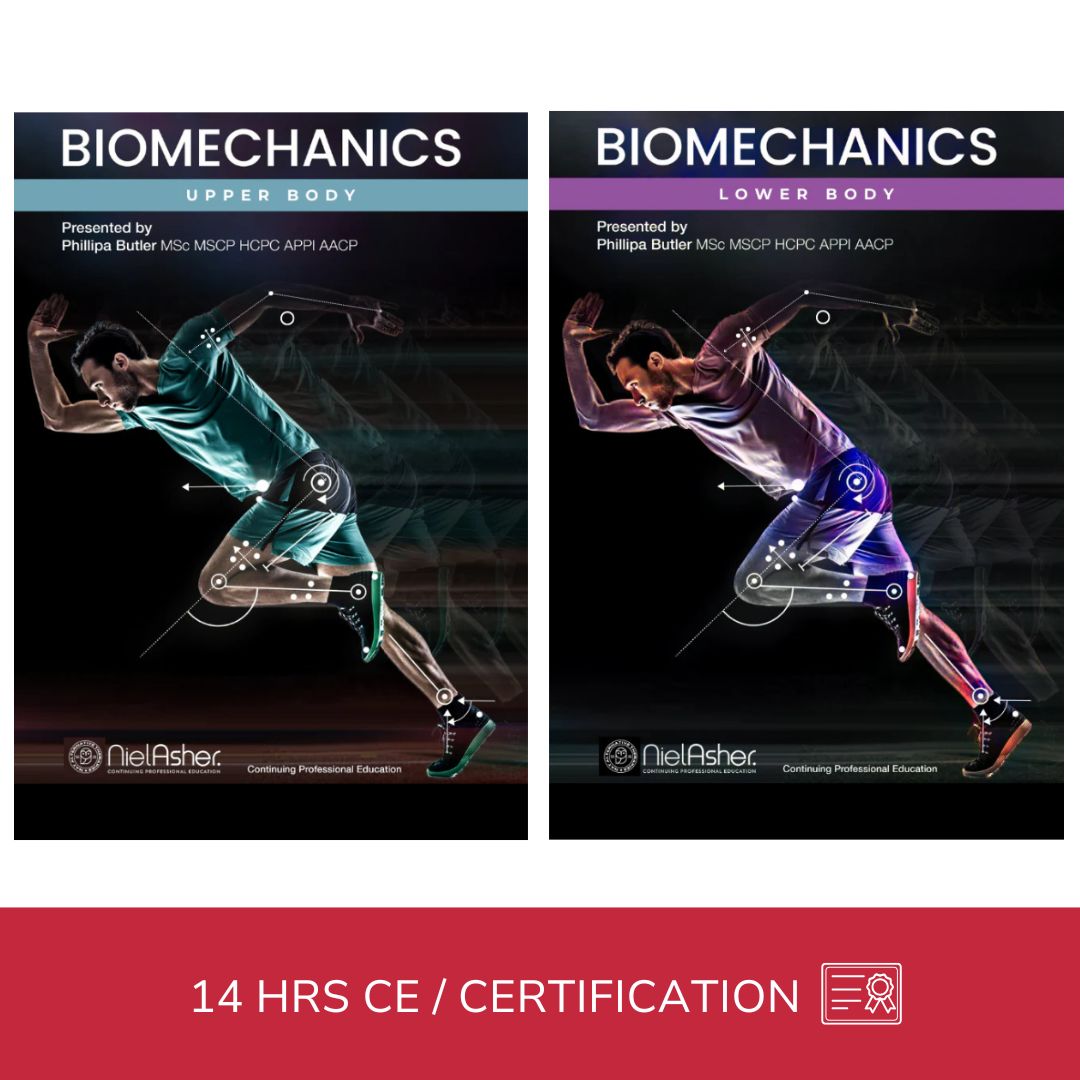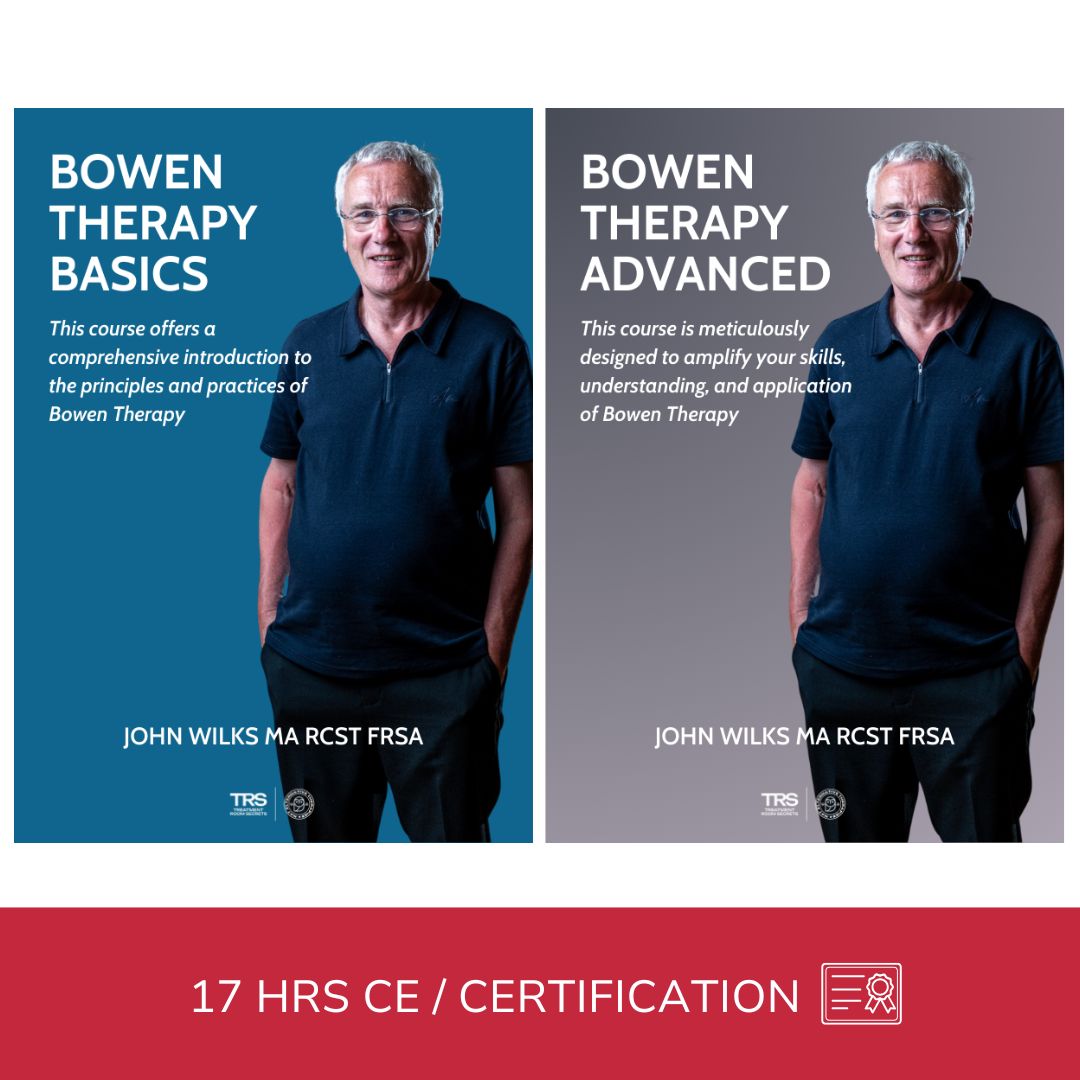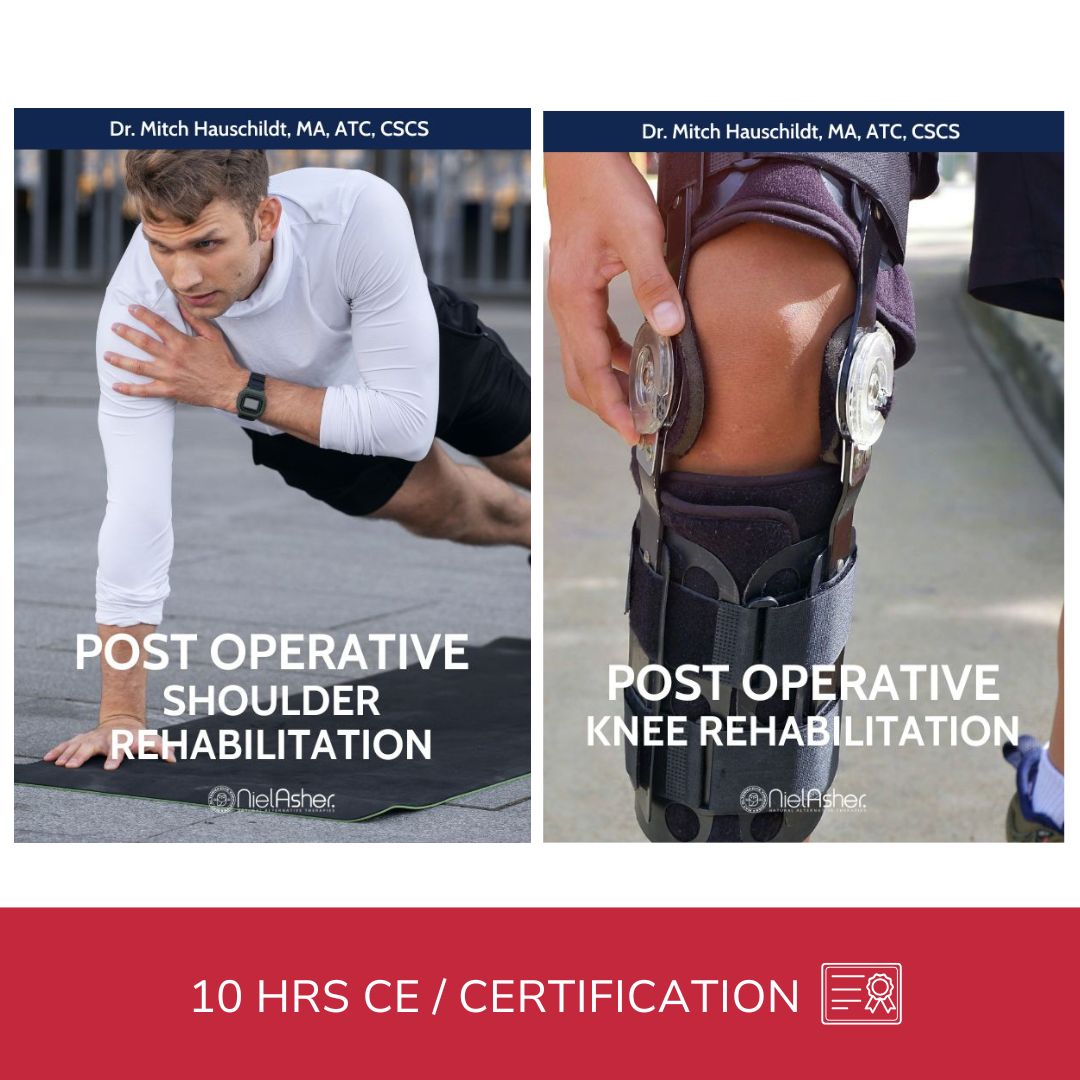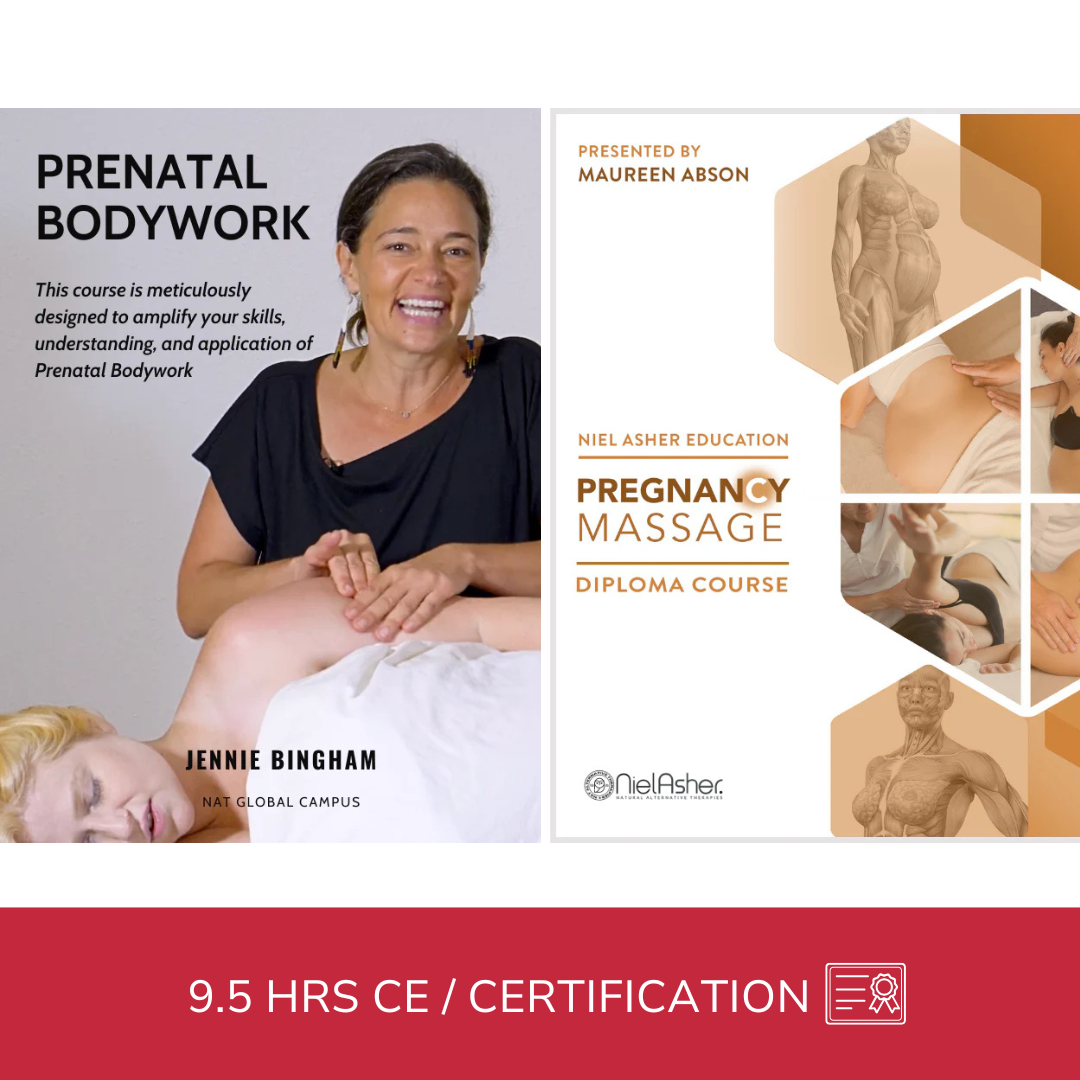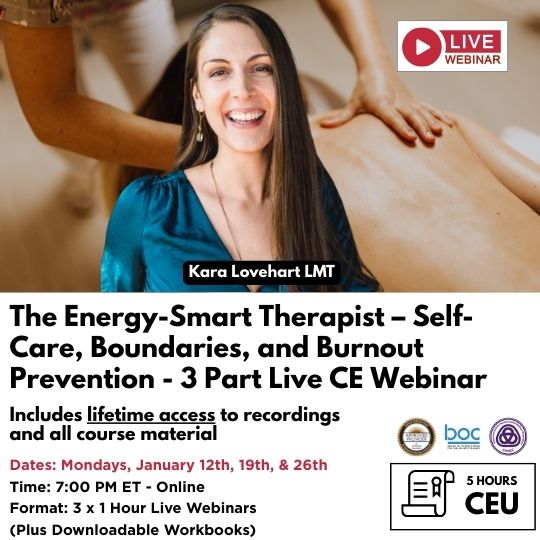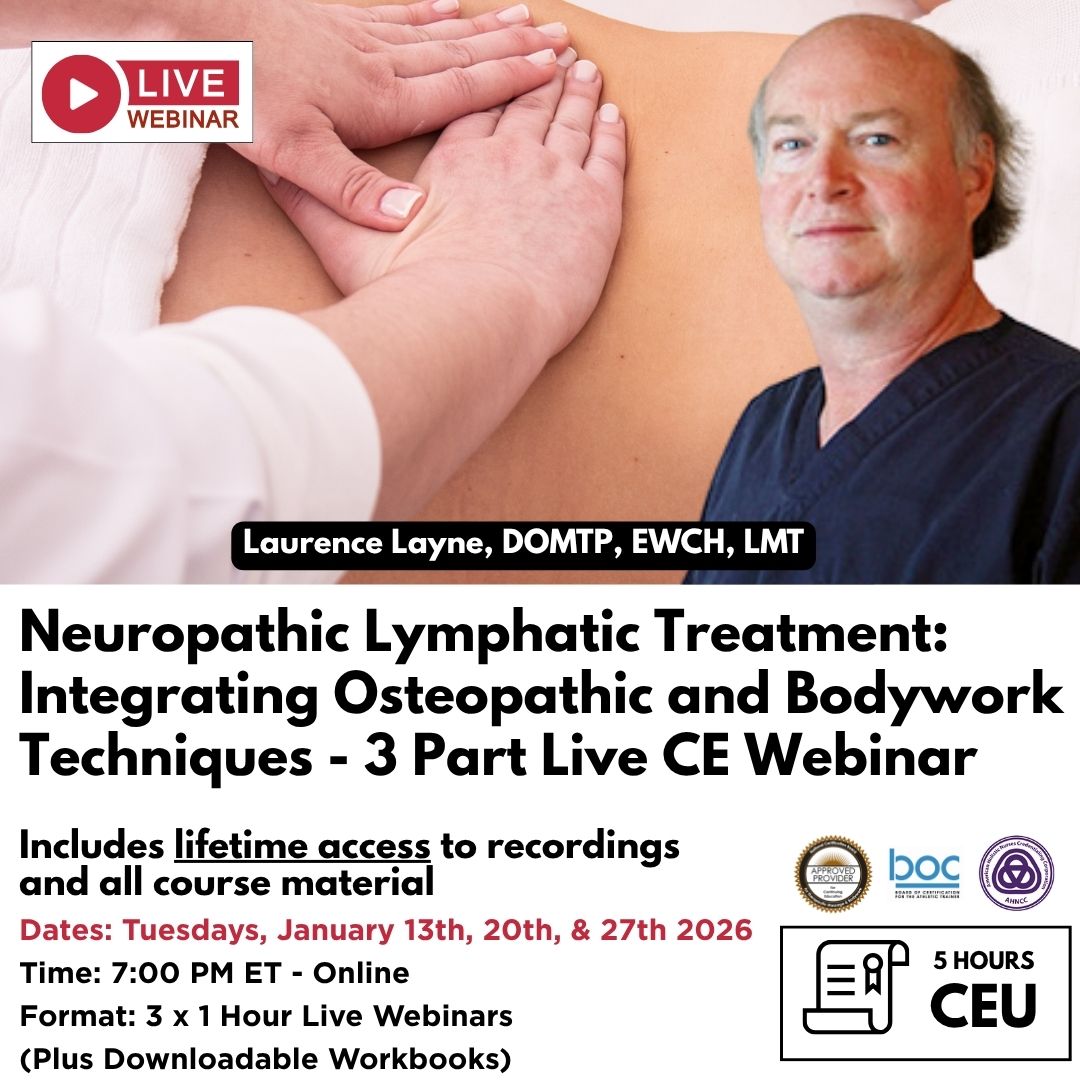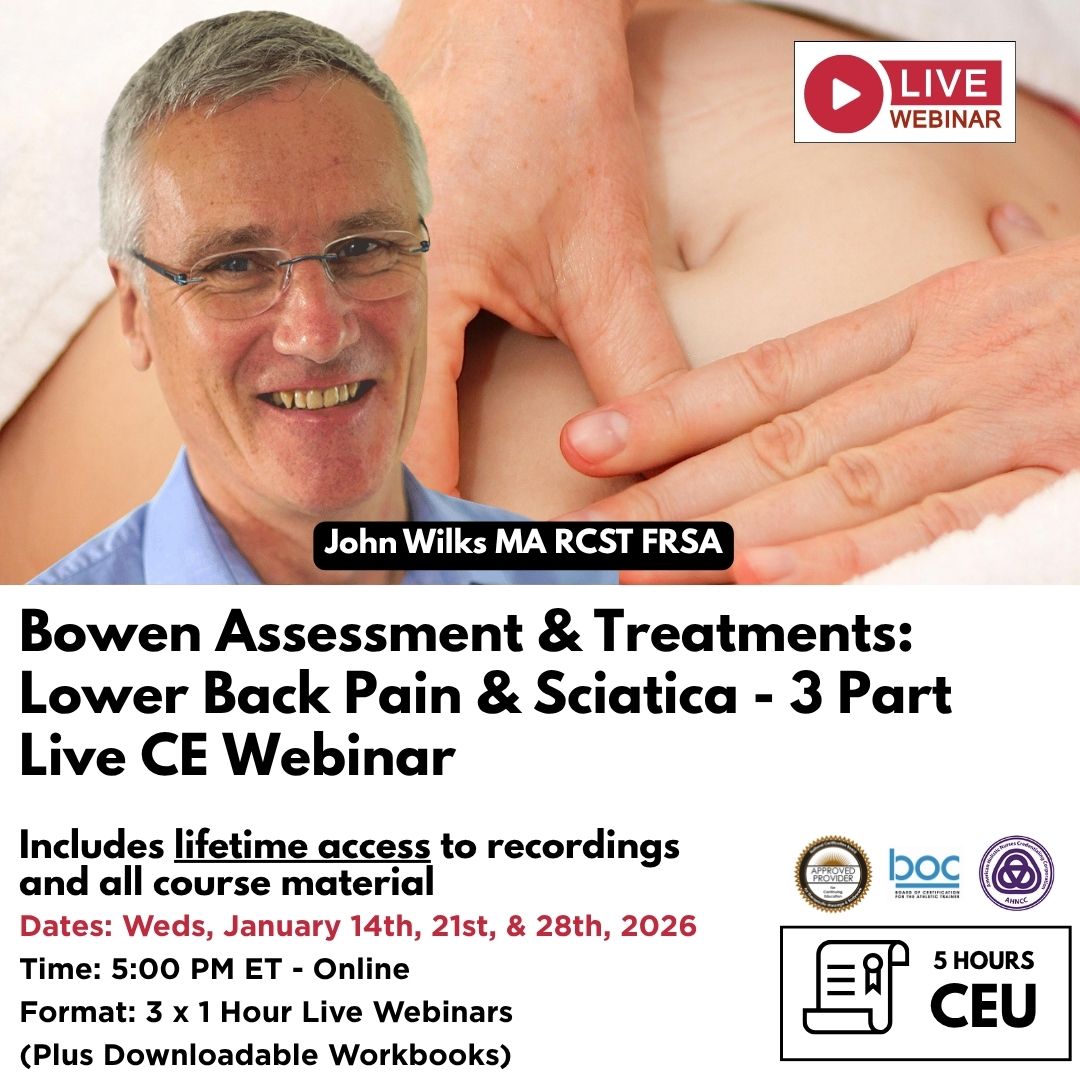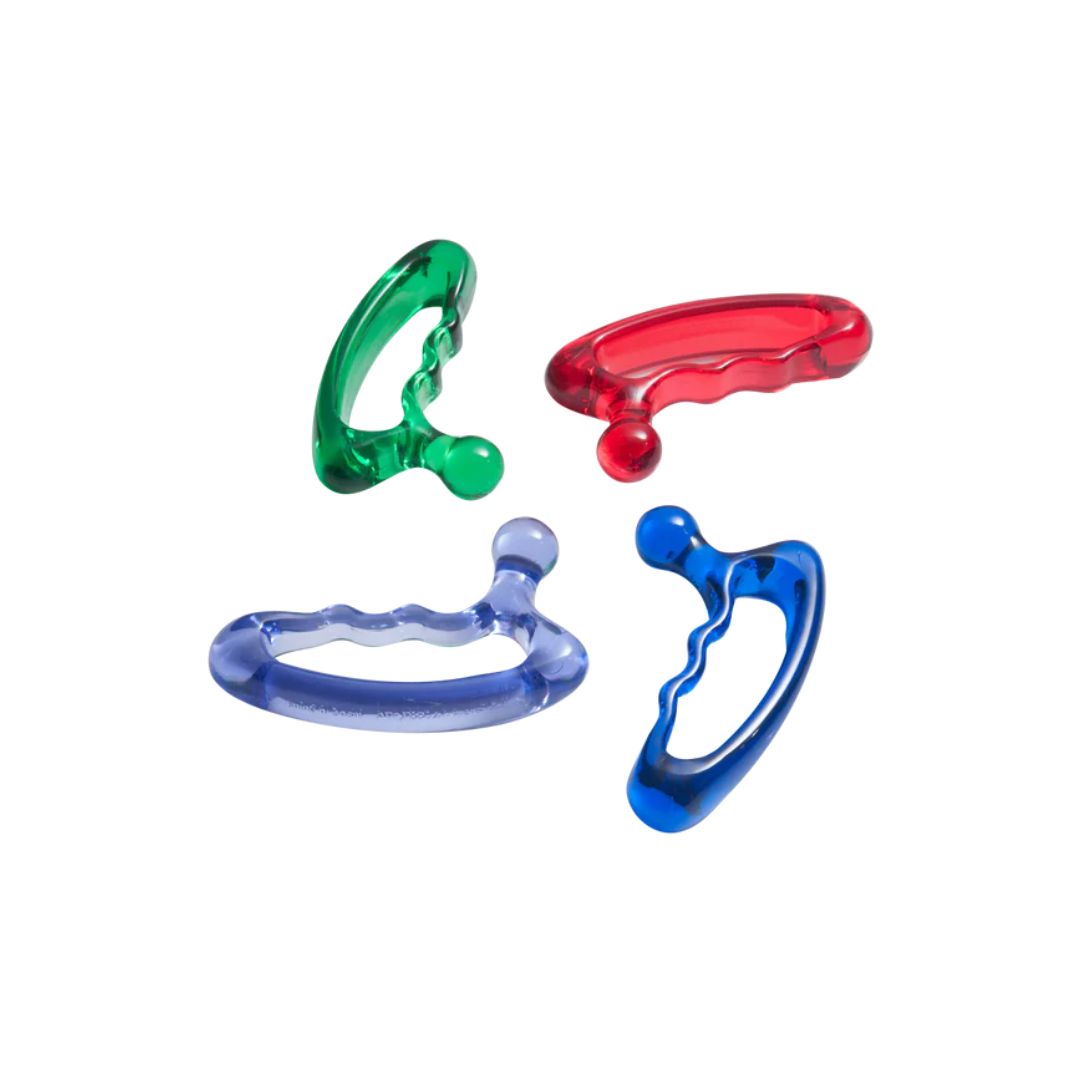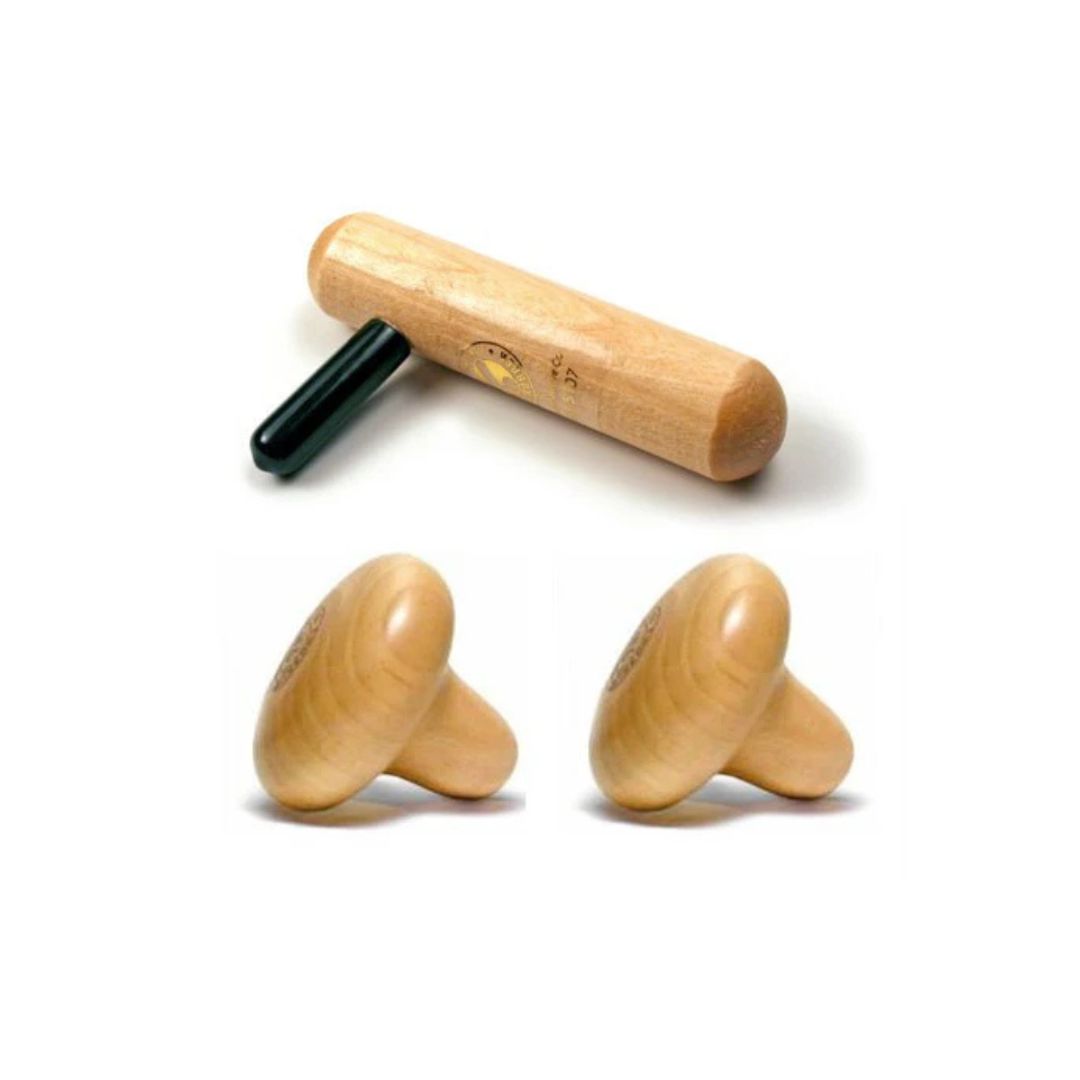Trigger Point Therapy - CRPS1
Michael Coffee LMT presenting his techniques for the treatment of CRPS at the 33rd Annual NAMTPT Conference, Chicago, October 2017. Niel Asher Education received the award for "Excellence in Education" at the conference.
Complex Regional Pain Syndrome (CRPS) is a chronic pain condition that usually occurs after a trauma or injury to one of your limbs
The cause of CPRS is believed to be due to the malfunction of or damage to the peripheral and central nervous system (CNS) or perhaps even the blood supplies to the nerves themselves.
The CNS comprises the spinal cord and brain whereas the peripheral nervous system brings nerve signalling from the spinal cord and brain to the rest of the body.
There are two types: CRPS I and CRPS II. Both have similar symptoms and treatments but patients with confirmed nerve injuries are said to have CRPS II. Here we focus on CRPS1 - for the upper extremity.
Symptoms of CRPS include extreme and ongoing pain and mild or unusual changes in skin colour, temperature and sometimes swelling in the affected area and pins and needles.
These symptoms in your hands and arms can be extremely debilitating; that constant unyielding burning pain, the aching cramp in your fingers and knuckles, the stiffness in the morning, the cold/clammy feeling.
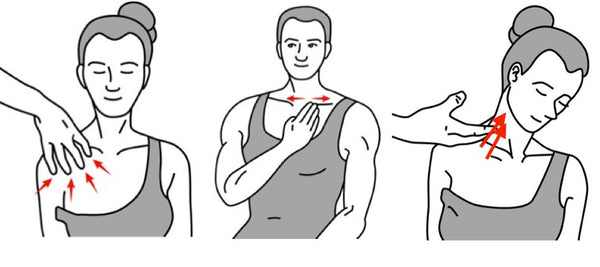
What Are the Symptoms of a CRPS?
- Prolonged pain that can be constant and may be very uncomfortable, even severe
- Burning feeling or “pins and needles” - like the limb is being squeezed
- Pain spreading e.g from finger to entire arm
- Heightened sensitivity to touch
- Change in skin colour and blotchiness in affected area as well as skin texture (shiny and thin appearance)
- Abnormal sweating of limb
- Stiffness and problems with coordinating movement of muscles
- Fixed abnormal posture/jerking or tremors in limb

Who is Prone to CRPS?
- Anyone may get CRPS
- Tends to affect women more than men and can occur at any age but 40 is the average age individuals tend to be affected.
- CRPS is uncommon in the elderly.
- Children under 5 do not suffer from CRPS and it is rare before 10. It is more common in teenagers.
- It is seen in about 5% of cases of Frozen Shoulder Syndrome/Adhesive Capsulitis.
Trigger Point Therapy
CRPS I can manifest for a number of reasons including occupational and/or historic trauma.
Whatever the cause, your body wants to protect you. One of the observations thousands of physical therapists have found is that when you have CRPS I several key neck muscles become stiff - these muscles can’t extend to their full capacity.
This leads to a type of ‘muscular frustration’ and to the development of trigger points, typically in the upper trapezius, scalenes, sternocleidomastoid, platysma, and subclavius muscles.
Trigger points in these muscles cause them to be shorter, tighter and tenser, and they also add to the cycle of increased input to your peripheral and central nervous system.
The really good news that treating these trigger points, when combined with stretching, can often provide both short and long term relief.
So, if you're suffering with CPRS, ask your therapist or doctor about trigger points!
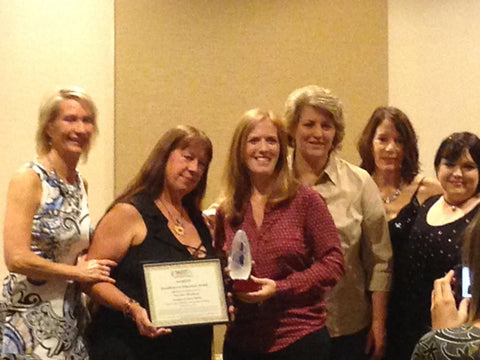
Judith Winer accepting the "Excellence in Education" award on behalf of Team NAT at the 33rd Annual NAMTPT Conference, Chicago, 10/2017
Find a Trigger Point Professional in your area
Dry Needling for Trigger Points
Certify as a Trigger Point Therapist
This trigger point therapy blog is intended to be used for information purposes only and is not intended to be used for medical diagnosis or treatment or to substitute for a medical diagnosis and/or treatment rendered or prescribed by a physician or competent healthcare professional. This information is designed as educational material, but should not be taken as a recommendation for treatment of any particular person or patient. Always consult your physician if you think you need treatment or if you feel unwell.
About Niel Asher Education
Niel Asher Education (NAT Global Campus) is a globally recognised provider of high-quality professional learning for hands-on health and movement practitioners. Through an extensive catalogue of expert-led online courses, NAT delivers continuing education for massage therapists, supporting both newly qualified and highly experienced professionals with practical, clinically relevant training designed for real-world practice.
Beyond massage therapy, Niel Asher Education offers comprehensive continuing education for physical therapists, continuing education for athletic trainers, continuing education for chiropractors, and continuing education for rehabilitation professionals working across a wide range of clinical, sports, and wellness environments. Courses span manual therapy, movement, rehabilitation, pain management, integrative therapies, and practitioner self-care, with content presented by respected educators and clinicians from around the world.
Known for its high production values and practitioner-focused approach, Niel Asher Education emphasises clarity, practical application, and professional integrity. Its online learning model allows practitioners to study at their own pace while earning recognised certificates and maintaining ongoing professional development requirements, making continuing education accessible regardless of location or schedule.
Through partnerships with leading educational platforms and organisations worldwide, Niel Asher Education continues to expand access to trusted, high-quality continuing education for massage therapists, continuing education for physical therapists, continuing education for athletic trainers, continuing education for chiropractors, and continuing education for rehabilitation professionals, supporting lifelong learning and professional excellence across the global therapy community.
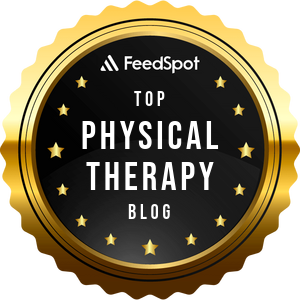
Continuing Professional Education
Looking for Massage Therapy CEUs, PT and ATC continuing education, chiropractic CE, or advanced manual therapy training? Explore our evidence-based online courses designed for hands-on professionals.


